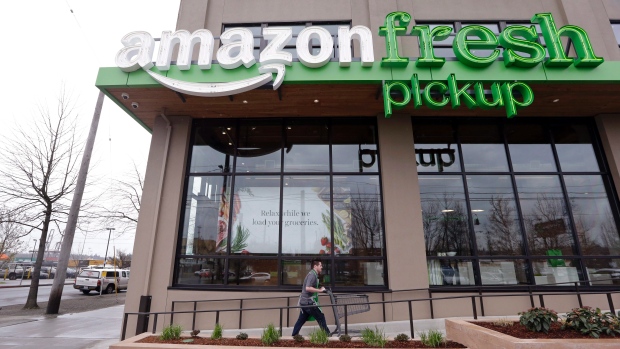The potential risks for agents and final consumers are evident due to the strong exposure to uncertainties such as, for example, meteorological factors, geographic position of the consumer, inflation, credit risk, liquidity and level of demand. These influence the variation in energy prices, significantly changing the relationship between agents in the local electricity sector, as is also the case in the current scenario of pandemic by Covid-19.

It is necessary to evaluate the possible models of operations defined as a wholesale or trading portfolio. The first is, in general, associated with the long term and part of the idea that the buyer will actually use the energy. The second, generally referring to short-term negotiations, focuses on gains in price variations, without the need to combine a purchase contract with a sale contract.
Generally speaking, the trader acts as an intermediary. The adjustment of accounts is carried out at the difference settlement price. But, just like in the financial market, prices rise with rumors and fall in fact and whoever was holding a short position, betting on the low, ends up paying the bill when prices rise.
In these negotiations, the absence of a stock exchange with defined orderly transactions, as well as price references that end up being impacted by estimates, including data not observable in the market, is noteworthy. The regulatory risk is also notorious, since it is an environment without defined limits of leverage. However, the prospect of expanding this market has attracted participants with more sophisticated levels of governance and controls, as is the case with financial institutions.
From the perspective of ETRM solution, these initiatives could also increase the transparency of operations, but the challenge is the lack of an organized exchange or a central counterparty with mechanisms to guarantee operations. In fact, with the aforementioned movements associated with ongoing regulatory developments, the future looks very promising for the competitiveness of the free energy market, and it is fundamental for the post-Covid-19 economic recovery.

I’m Aurelia Brown! I blog about tech, how to use it, and what you should know. I love spending time with my family and sharing stories of the day with them.













